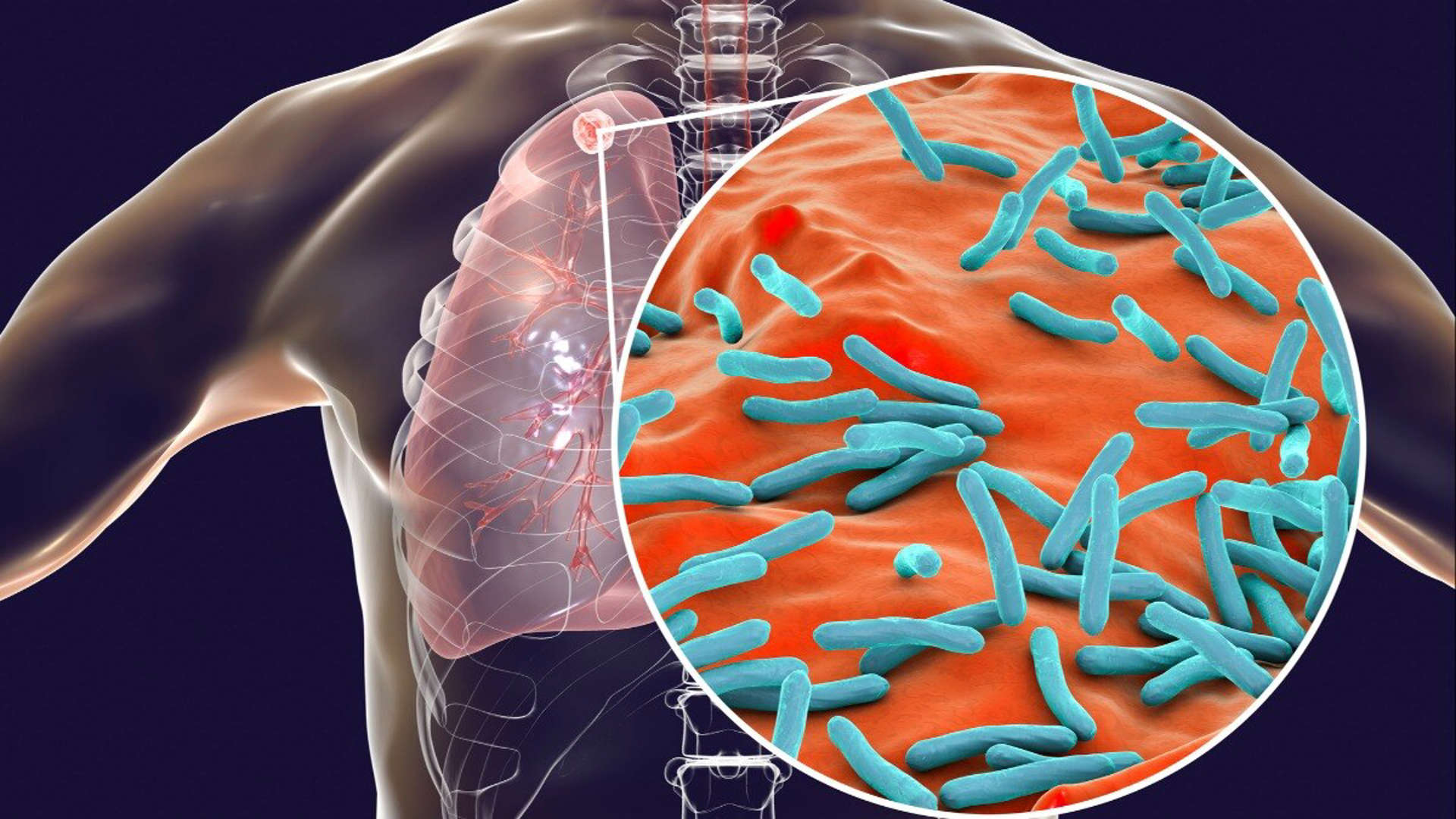- Quit Smoking or Don’t Start: Smoking is the leading cause of preventable death in the United States, and it significantly harms lung function. Quitting smoking is the single best thing you can do to protect your lungs. If you don’t smoke, don’t start.
- Avoid Secondhand Smoke: Secondhand smoke is harmful to everyone, including non-smokers. It contains over 7,000 chemicals, many of which are known to cause cancer and other health problems. Avoid exposure to secondhand smoke by staying away from places where smoking is allowed.
- Protect Yourself from Outdoor Air Pollution: Outdoor air pollution can irritate the lungs and aggravate respiratory conditions like asthma and COPD. Check the air quality index (AQI) in your area and limit outdoor activities on days when the air quality is poor.
- Maintain a Healthy Weight: Excess weight can put additional stress on your lungs, making it harder to breathe. Aim for a healthy weight through a balanced diet and regular exercise.
- Get Regular Exercise: Regular physical activity strengthens your heart and lungs, improves lung function, and helps you maintain a healthy weight. Aim for at least 150 minutes of moderate-intensity aerobic activity or 75 minutes of vigorous-intensity aerobic activity each week.
- Eat a Healthy Diet: A balanced diet rich in fruits, vegetables, whole grains, and lean proteins provides essential nutrients that support lung health. Avoid processed foods, sugary drinks, and excessive amounts of red meat.
- Get Vaccinated: Flu vaccinations and other pneumonia vaccines can help protect your lungs from infections. Talk to your doctor about which vaccinations are right for you.
- Maintain Good Indoor Air Quality: Avoid smoking indoors, use air filters, and regularly clean your home to reduce exposure to indoor air pollutants like dust mites, mold, and pet dander.
- Practice Deep Breathing Exercises: Deep breathing exercises can help strengthen your diaphragm and improve lung function. Try incorporating diaphragmatic breathing or other deep breathing techniques into your daily routine.
- See Your Doctor for Regular Check-ups: Regular check-ups with your doctor can help identify potential lung problems early on, allowing for prompt diagnosis and treatment.
Remember, taking care of your lungs is an investment in your overall health and well-being. By following these precautions, you can reduce your risk of respiratory problems and enjoy a healthier, more active life.


